3 Beautiful Spring Season Birds That You Can Spot
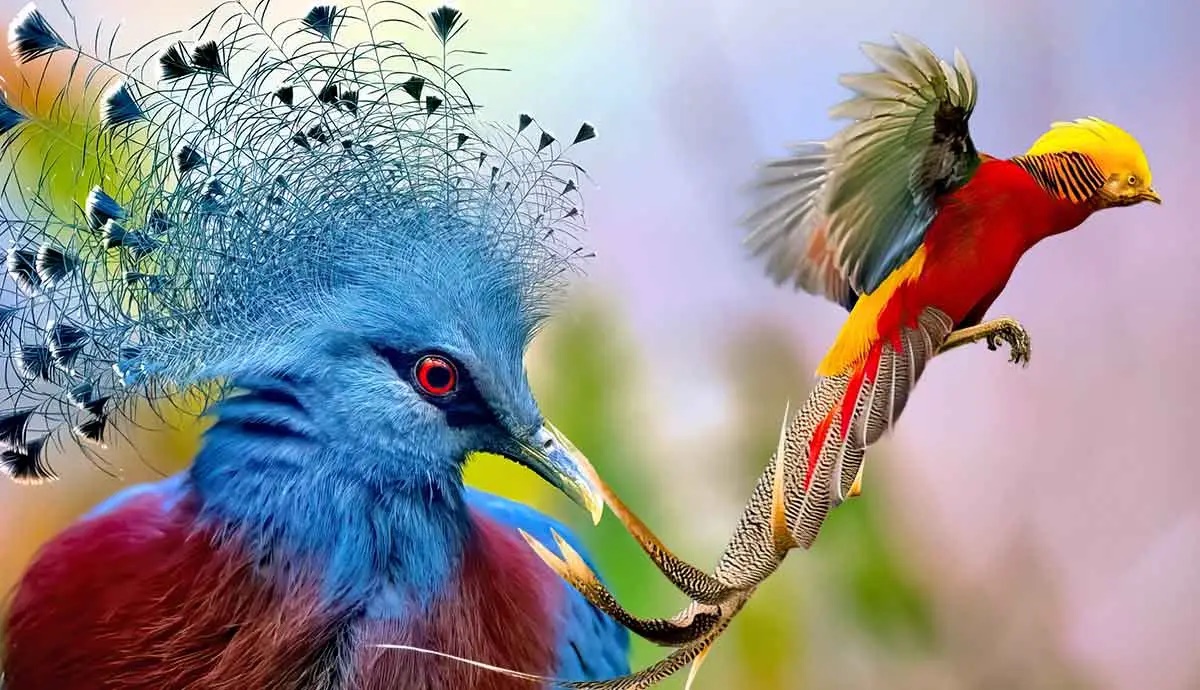
Introduction
Spring, a season of rejuvenation, heralds the return of vibrant life to the natural world. Central to this seasonal transformation are the avian inhabitants whose melodic presence and colorful plumage mark the changing landscapes. In this article, we delve into the fascinating realm of spring season birds, exploring their migration patterns, distinctive species, breeding behaviors, and the vital role they play in our ecosystem.
The Migration Phenomenon
Explanation of Bird Migration
Bird migration, a marvel of instinct and adaptation, sees countless species embark on epic journeys across continents. This phenomenon is not merely a random occurrence but a finely tuned response to environmental cues, triggered primarily by changes in daylight and temperature.
Factors Influencing Spring Migration
The intricate factors influencing spring migration include not only climatic conditions but also the availability of food and suitable nesting sites. Birds embark on these journeys to optimize their chances of survival and reproductive success.
Key Migration Routes
Unraveling the intricate web of migration routes reveals awe-inspiring treks, from the Arctic Tern’s pole-to-pole journey to the Swainson’s Hawk’s traverse of the Americas. These routes are the result of generations of evolutionary refinement, showcasing the resilience of these airborne voyagers.
Bird Species in Focus
Robin (Turdus migratorius)

Physical Characteristics
The robin, with its distinctive red breast, is a ubiquitous harbinger of spring. Its plumage, an intricate blend of earth tones, conceals a sleek physique designed for efficient flight and foraging.
Behavioral Traits
Robins exhibit a remarkable territorial instinct during spring, defending their chosen nesting areas with a tenacity that underscores their commitment to ensuring a safe environment for their offspring.
Symbolism in Various Cultures
Beyond their ecological role, robins have garnered cultural significance as symbols of renewal and good fortune. Folklore and literature often depict these birds as messengers of positive change and the arrival of better times.
Bluebird (Sialia)

Unique Plumage Features
Bluebirds, adorned with vibrant blue plumage, captivate observers with their striking appearance. This unique coloring serves both aesthetic and adaptive purposes, providing camouflage in their chosen habitats.
Preferred Habitats
Bluebirds favor open habitats such as meadows and grasslands. Conservation efforts often focus on maintaining these landscapes to ensure the continued presence of these azure-hued wonders.
Conservation Efforts
Due to habitat loss and competition for nesting sites, conservation initiatives aim to create and preserve suitable habitats, emphasizing the vital role that community involvement plays in the protection of bluebird populations.
Warblers (Parulidae)
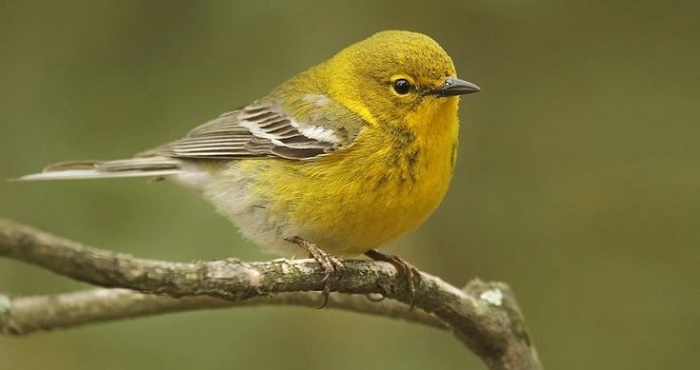
Diverse Warbler Species
The warbler family boasts an impressive diversity of species, each distinguished by distinctive plumage patterns and foraging behaviors. From the bright yellow of the Yellow Warbler to the stark contrast of the Black-and-White Warbler, these birds add a kaleidoscope of colors to spring landscapes.
Notable Migration Patterns
Warblers undertake arduous migrations, navigating thousands of miles to reach their breeding grounds. The intricacies of these journeys highlight the resilience and adaptability of these small but mighty travelers.
Importance in Ecological Balance
Warblers play a crucial role in maintaining ecological balance by controlling insect populations. Their voracious appetites for insects make them valuable allies in pest management, underscoring the interconnectedness of species within ecosystems.
Breeding Behavior and Nesting Rituals
Courtship Displays
Spring witnesses elaborate courtship displays as birds vie for mates. Intricate dances, vibrant plumage displays, and melodious calls are orchestrated to secure a suitable partner, showcasing the intricacies of avian courtship rituals.
Nest Building Techniques

Also read: https://finallite.com/barbie-doll-market-set-must-haves/
Nest building becomes an art form during spring, with each species showcasing unique techniques. From the intricately woven nests of songbirds to the concealed ground nests of shorebirds, these structures are essential for the survival of the next generation.
Parental Care During Spring
Parental care during spring involves a delicate balance between providing nourishment, protection, and guidance to fledglings. The dedication of bird parents ensures the successful transition of their offspring into independent members of the avian community.
Impact of Climate Change on Avian Behavior
Research Findings
Scientific studies reveal the profound impact of climate change on avian behavior. Alterations in temperature and precipitation patterns disrupt traditional migration timings, leading to a mismatch between resource availability and bird arrival.
Altered Migration Patterns
Birds, in response to changing climates, may adjust their migration routes or alter the timing of crucial life events such as nesting and egg-laying. These adaptive strategies highlight the resilience of avian populations in the face of environmental challenges.
Adaptive Strategies
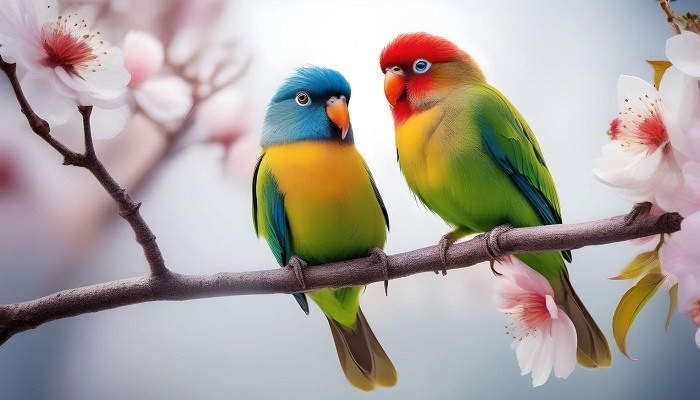
Also read: https://finallite.com/bugatti-chiron-blue/
Some species exhibit adaptive strategies, such as shifting their breeding ranges to higher altitudes or latitudes. These adjustments underscore the dynamic nature of bird populations as they navigate the ever-changing conditions of their environments.
Birdwatching as a Spring Activity
Popular Bird Watching Spots
Enthusiasts seeking to witness the spectacle of spring birds can explore popular birdwatching spots. From national parks to local bird sanctuaries, these locations offer a front-row seat to the diverse array of avian life during the season.
Essential Equipment for Birdwatching
Equipping oneself for birdwatching involves more than just binoculars. Field guides, notebooks, and apps for bird identification enhance the overall experience, transforming birdwatching into an educational and immersive activity.
Tips for Beginners
For those new to birdwatching, adopting patience, learning to identify common species, and joining local birding groups can significantly enhance the enjoyment and understanding of the avian world.
Birdsong: Nature’s Symphony
Importance of Birdsongs
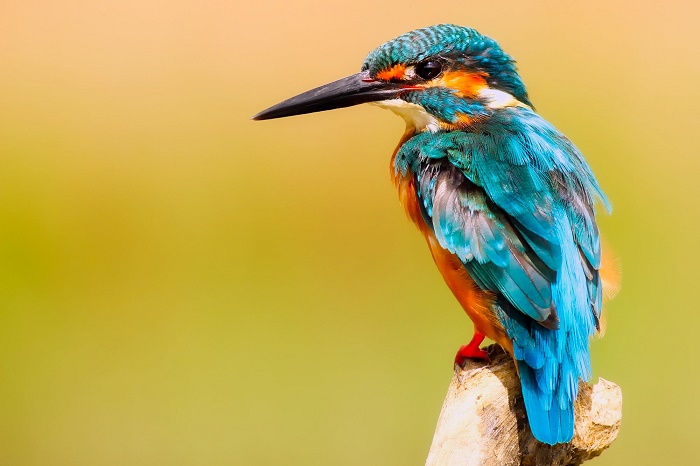
Also read: https://finallite.com/how-to-get-hollow-cheeks/
Birdsongs serve multiple purposes, from establishing territory to attracting mates. In spring, the air resonates with the melodic symphony of birdsongs, creating a soundtrack that accompanies the flourishing of life.
Variety in Birdsong Patterns
Each species possesses a unique repertoire of songs, contributing to the rich tapestry of sounds in natural environments. Ornithologists study these patterns to better understand communication strategies and social structures among Spring Season Birds.
Connection to Spring Reproductive Activities
Birdsongs are intricately linked to reproductive activities, serving as auditory signals that convey information about an individual’s fitness and reproductive readiness. The complexity of these songs mirrors the intricate dance of courtship and mating rituals.
Conservation Challenges and Initiatives
Habitat Loss
Urbanization and deforestation pose significant threats to bird habitats. Conservation efforts focus on preserving and restoring these habitats, emphasizing the importance of maintaining biodiversity for the overall health of ecosystems.
Threatened Bird Species
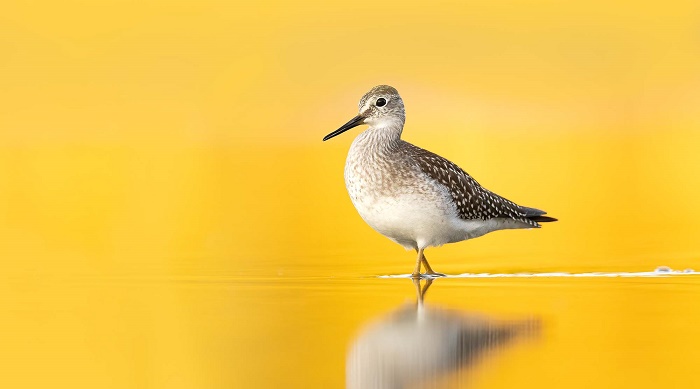
Also read: https://finallite.com/fullypcgames-adventure-gta-5-beyond-imagination/
Several bird species face threats of extinction due to factors like habitat destruction, pollution, and climate change. Conservation initiatives aim to raise awareness, implement protective measures, and support research to safeguard these vulnerable species.
Global Conservation Efforts
International collaborations and treaties play a crucial role in global bird conservation. Efforts such as the Migratory Bird Treaty Act and partnerships between conservation organizations contribute to the protection of migratory species across borders.
Ecological Role of Spring Birds
Seed Dispersal
Spring Season Birds play a vital role in seed dispersal, aiding in the regeneration of plant species. Their foraging habits and migration patterns contribute to the distribution of seeds, promoting biodiversity and ecosystem health.
Insect Control
Many bird species are voracious insect eaters, helping control insect populations. This natural pest control service is particularly valuable for agriculture and forestry, reducing the need for chemical interventions.
Contribution to Biodiversity
The diverse behaviors and ecological roles of Spring Season Birds contribute to the overall biodiversity of ecosystems. The interconnected web of relationships between birds, plants, and other organisms underscores the delicate balance that sustains life.
Conclusion
As spring unfolds its vibrant tapestry, the presence of birds becomes a testament to the season’s profound beauty and ecological significance. From the intricacies of migration to the symphony of birdsongs, each aspect of spring birds adds to the richness of our natural world. Embracing a spirit of conservation and appreciation, we invite you to explore the enchanting realm of spring season birds, recognizing their invaluable role in sustaining the delicate balance of life.
![]()



